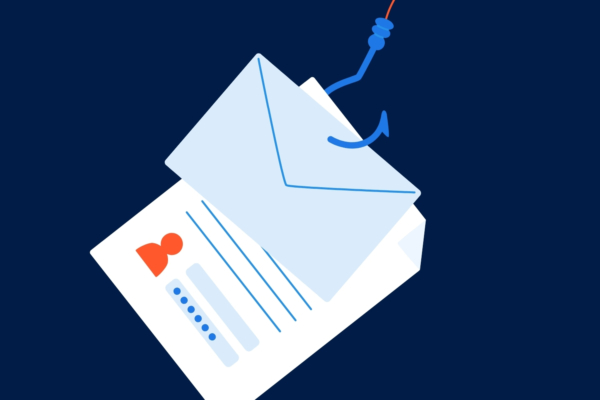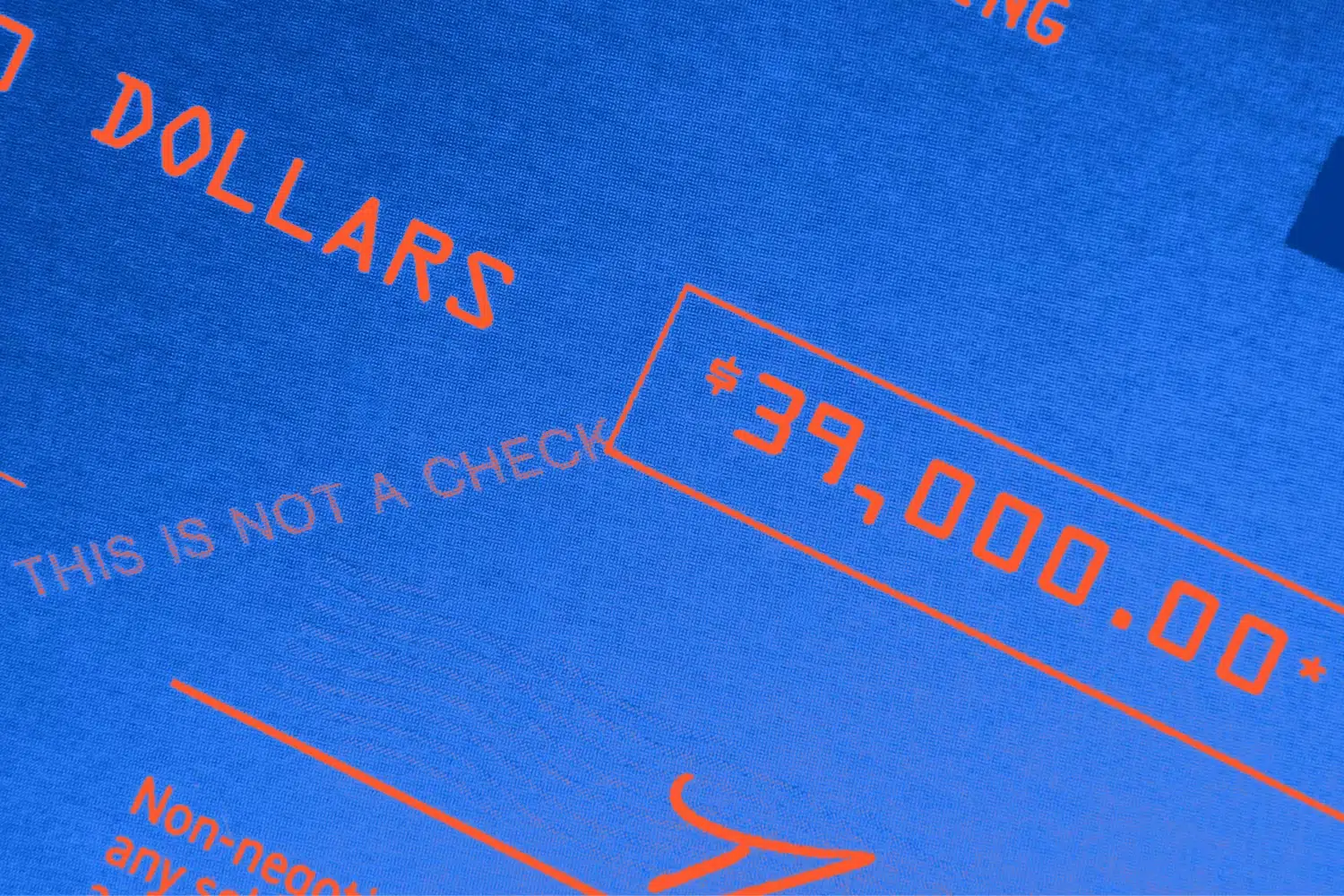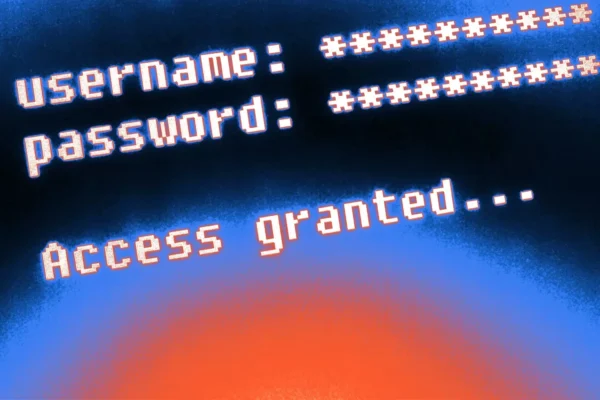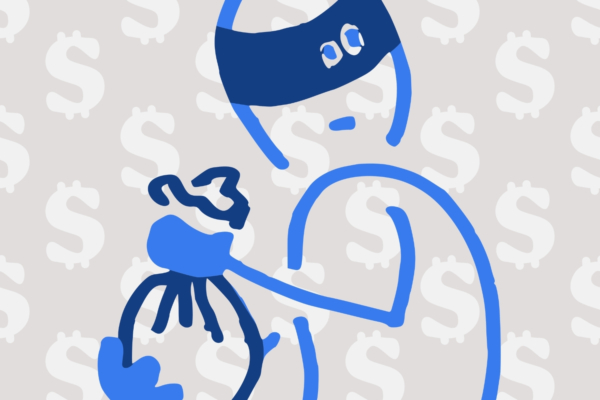
Cashier’s Check Scams and How to Spot Them

If you’re a U.S. consumer, chances are a financial fraudster has already tried to contact you in an effort to dupe you out of your money. Unfortunately, such scams have become more prevalent in recent years, with 2.8 million fraud reports submitted to the Federal Trade Commission in 2021. As a result of efforts by fraudsters, U.S. consumers have lost more than $5.8 billion, an increase of $2.4 billion over 2020.
Fraud can happen to anyone, so how can you best protect yourself from scams? The first step is to be aware of common scams that, on the surface, may seem like legitimate financial transactions. One of the most prevalent methods fraudsters use to trick people out of their money is with a cashier’s check scam.
What is a Cashier’s Check?
A cashier’s check is different from a personal check in that the funds are guaranteed by the financial institution or bank, and do not come from a personal bank account. While these checks aren’t directed from a personal bank account, they are often paid for with a personal bank account or cash. The money is collected when the check is issued, which is what makes the check guaranteed.
Because the money has been paid to the bank already, the bank itself is responsible for backing the check—not a private individual. In other words, these checks can’t bounce because the bank is responsible for covering the payment.
Another feature of cashier’s checks: they can be cashed faster than regular checks. In general, financial institutions must legally pay out cashier’s checks one business day after deposit. For other checks, the first $200 must be paid out the day after deposit, with the remainder paid the following business day.
Cashier’s checks are usually used to provide added security to major purchases like homes, cars, and jewelry. But as secure as they are, they’re not fraud-proof. If someone manages to forge a cashier’s check, they can gain access to guaranteed funds pretty quickly. If a financial institution isn’t on high alert for fraudulent cashier’s checks, these forgeries can take weeks to discover.
Common Cashier’s Check Scams
Cashier’s check scams follow a common pattern. Usually, someone gives you a legitimate-looking check and then asks you to wire money or send them goods in return. It’s only after you deposit the check and send the money that you find out the check you received turns out to be fraudulent. There are a few common scams involving cashier’s checks that you should be familiar with.
1. Mystery Shopping
In this cashier’s check scam, a scammer will reach out to “hire” you as a mystery shopper. As your first assignment, you might be asked to evaluate a certain retailer that sells gift cards. To do so, the scammer will send you a cashier’s check, often for $1,000. You’ll then be instructed to deposit the check in your personal bank account, then withdraw the money as cash to go purchase gift cards from the retailers you are “evaluating,” then send the gift cards back to the scammer. Unfortunately, by the time you realize you were sent a fake check, you’ve lost your own money.
2. Foreign Lottery
In this scam, you might be told that you’ve won a lottery in a foreign country. However, in order to receive the full amount of your winnings, you first have to pay “taxes and fees.” To help you pay for those fees, the scammer sends a fake cashier’s check and will ask you to cash the check, then send a wire transfer back. The only problem: there is no foreign lottery. Any money that is wired is lost, and you likely won’t find out the check you received was a fake until it’s too late.
3. Overpaying for Goods and Services Online
Another common way scammers use cashier’s checks to trick consumers out of their money is via classified listing sites like Craigslist, or through online auctions. In this scenario, you might be selling something online. The scammer will offer to buy your goods or services in advance, but will send you a cashier’s check that is far above your asking price. When you notify them of the error, they will apologize for their mistake, but ask you to cash the check and quickly wire them the excess funds that they’ve sent. However, as the check is fake, any money you send will be your own.
4. Property Rental
If you’re a landlord, you’ll want to be particularly wary of potential renters who offer to pay the first and last month’s rent, as well as the security deposit, up front with a cashier’s check. Often, this new “prospective tenant” will try to send you the check before they’ve even seen the property. Then, after you deposit the check, they’ll tell you they aren’t moving for what may seem like a legitimate reason (a job offer fell through, etc.), and would like you to return some of the rent they paid since they won’t be needing the rental after all. However, after you send them their refund, it turns out the check was a fake.
How to Protect Yourself from Scams
Fraudsters have become more and more sophisticated in recent years, and even the most security-conscious consumers can fall victim to fraud. However, there are a few things you can do to protect yourself from check fraud.
- Fraudsters often present phony excuses for why they must write you a check for more than your selling price. Don’t fall for sob stories and don’t ever feel pressured to rush into transactions.
- Alert your credit union when you’re trying to cash a questionable check, informing it of the source. The check can be held for a validity review.
- When in doubt about a buyer, request the buyer pay in cash or with a certified cashier’s check.
- Finally, don’t hesitate to report fraud to the authorities, even if you’re embarrassed. You’re not alone, and sharing your experience could aid investigations and keep others from falling victim. File a police report and contact your credit union, the FTC internet fraud complaint center, the U.S. Postal Inspection Service, and your state or local consumer protection agencies.
Become an Amplify Member
Every Amplify account holder enjoys fee-free banking. That means no overdraft, maintenance, or other banking fees cutting into your pocket.


